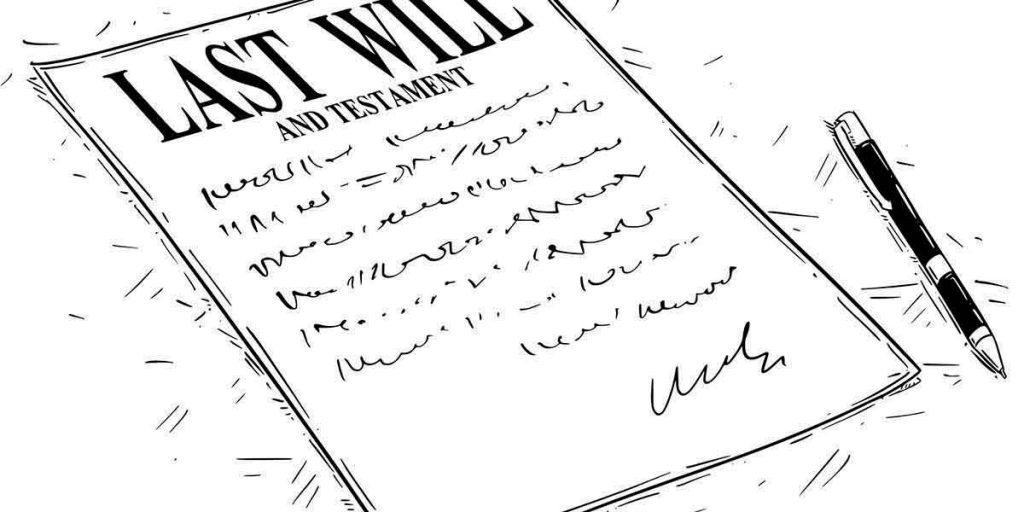While writing a will may seem easy enough, it is not always so.
It may be that you have complicated assets such as owning property in multiple states. It may also be that you are in a blended family and need help addressing your peculiar situation. You shouldn’t attempt drafting your last will and testament yourself to avoid making costly mistakes.
Get help from a Last Will and Testament Attorney in Long Island to ensure your will says exactly what you want it to say and addresses your personal situation.
Our Long Island Last Will And Testament Attorneys are committed to helping you draft a Last Will that covers all your needs. Our approach is holistic, taking into account your personal situation, assets, goals, wishes, and possible future financial risks, and mapping out a plan that addresses each.
We can help you write from scratch or update your existing will by making a codicil.
We have helped countless clients; now let us help you. Give us a call.
Important things to know about Last Will and Testament in Long Island
What is a Last Will and Testament?
A last will and testament, simply referred to as a will, is a legal document on which you state who receives what when you pass away, and an executor who would manage your estate and distribute it to those beneficiaries according to your instructions.
Clauses
Some wills contain clauses. The most common clauses include naming an executor, guardian for your minors, and special bequeaths.
All Wills in Long Island are subject to probate
When you create a will, it remains dormant until death. When you pass away, your appointed executor will take the will to the probate court in your county to probate to commence. It is a legal process where your will gets validated, your estate taxes and debts get paid before your assets are distributed according to your instructions. Probate in Long Island takes time and money depending on the complexity and value of your estate. That’s why we advise minimizing the value of assets passing through to avoid enormous costs and stress. Holding some valuable assets in a living trust is one way to do that. Assets in living trust passes outside probate.
Special types of wills
There are special types of wills that can be used for complicated family situations.
- Reciprocal wills and joint wills: In this kind of will, you and your spouse make arrangements to leave the entire estate to the surviving spouse. In a reciprocal will, there will typically be two wills, one for you and one for your spouse. Yours will leave your estate to your spouse, and your spouse’s will will leave their estate to you.
In a joint will, there is only one will specifying that the survivor inherits the deceased spouse’s estate.
- Pour Over Will: One thing with Long Island last will and testaments is that they are all subject to probate. You can avoid that by transferring all your assets into a trust in the event of your death by creating a pour over will. Then your assets will be distributed according to the terms of the trust. One advantage of using a pour over will is that it takes the complications out of having a trust, such as an irrevocable trust, enabling you to use your assets till death and transferring the full value of what’s left to your loved ones without tax liabilities or probate.
Owning property in multiple states
Probate is conducted in the county where a decedent’s property is located. If you have property in different counties within New York however, there will be only one probate since it is the same state. Chances are that it will be held where you domiciled.
But if you have other property in another state entirely, then probate will be held in that state solely for that property, and another will be held in New York for that in New York. This makes things more expensive, complicated, and stressful for your executor and loved ones. Hence, we advise retitling your multiple-state owned properties into a trust to avoid probate.
Our Last Will and Testament Attorneys Long Island will help you
- Ensure your will aligns with your estate situation
- Reduce tax liabilities and probate costs and stress on your survivors
- Update your existing will to ensure it conforms with your current situation.
Call us today for expert help.









